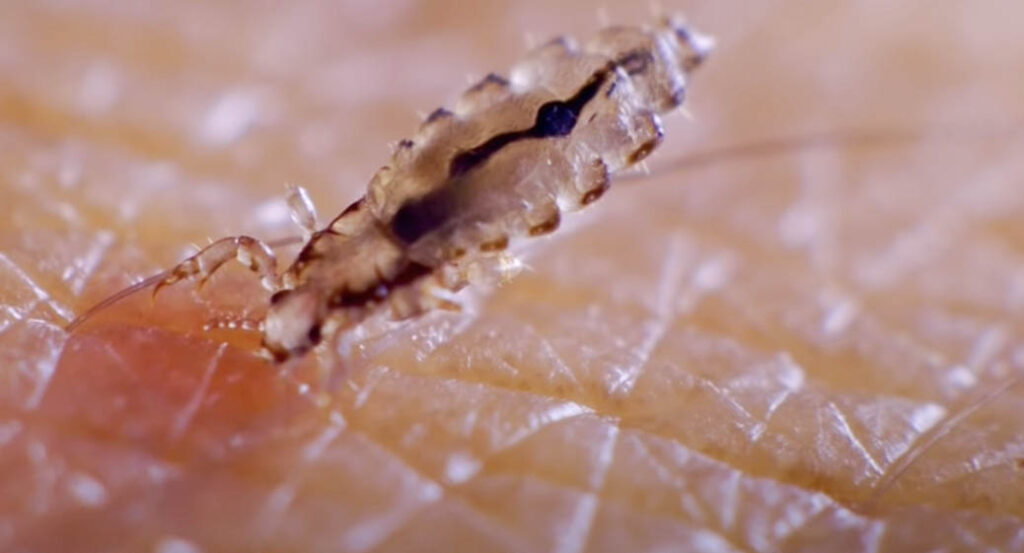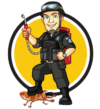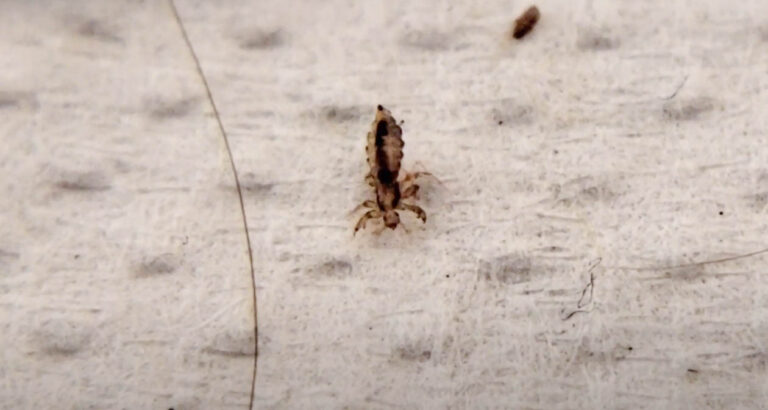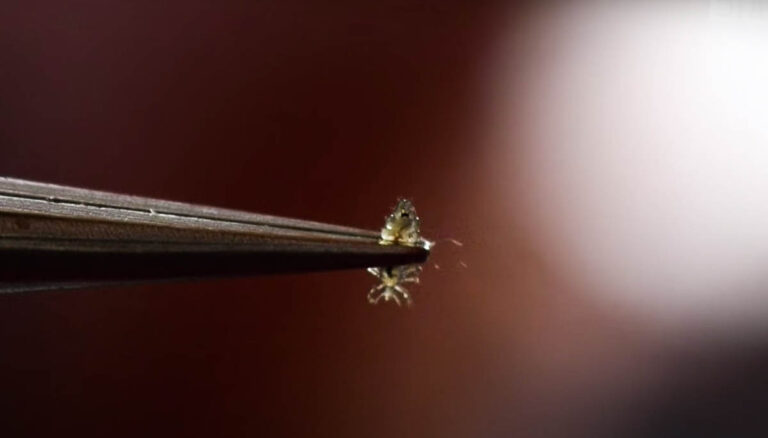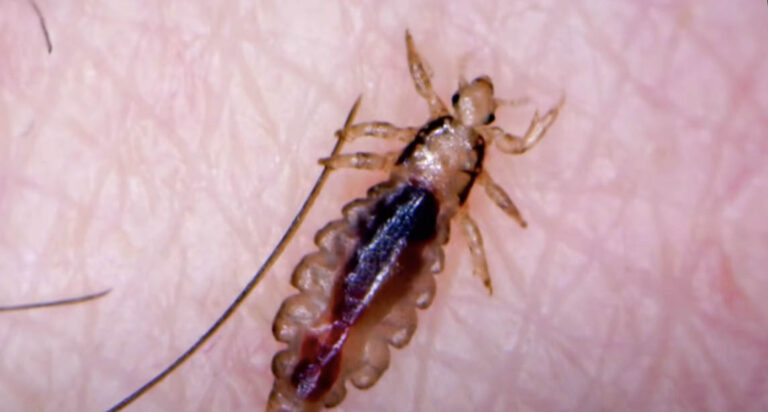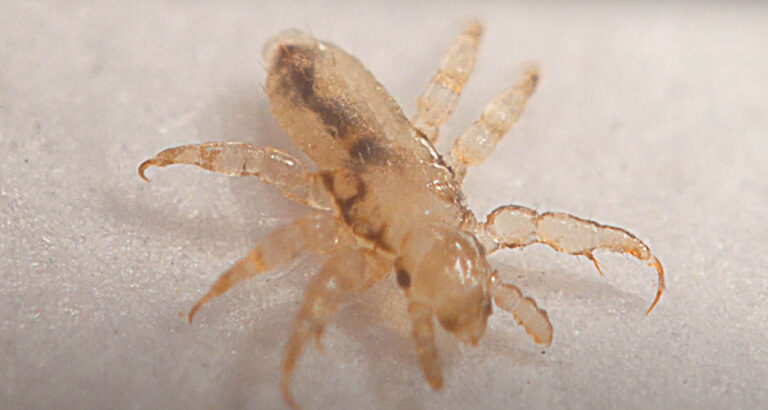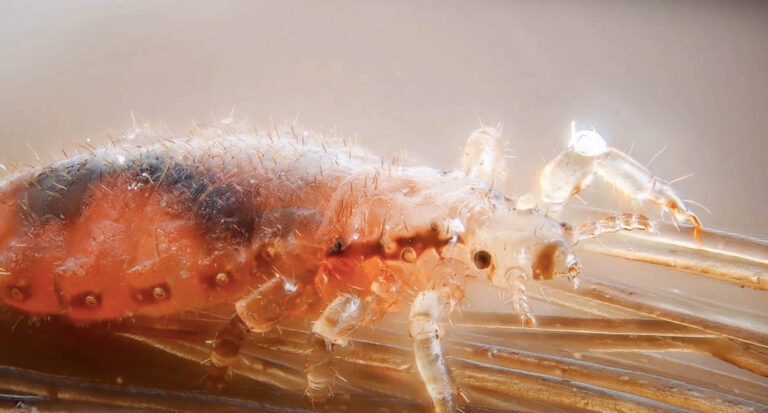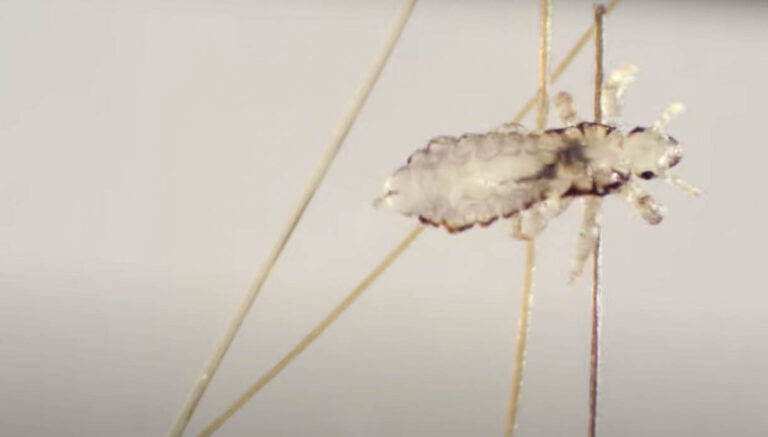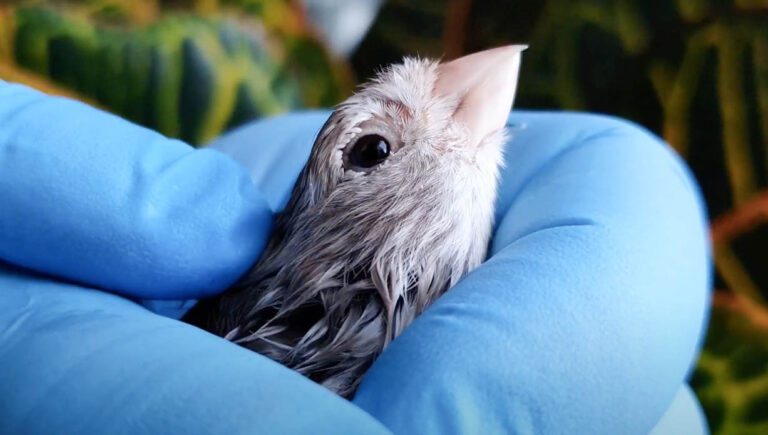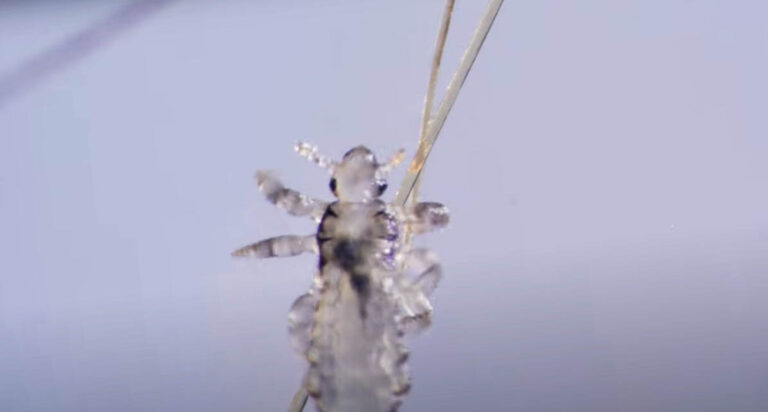Guide on lice bites
Guide on Lice Bites
Generally, lice won’t cause any major harm to the health of its host. However, it can cause a lot of irritation due to their bites -which can be quite a pain to deal with. There are two types of lice, namely: chewing lice, or the type of louse that feeds on skin or debris and sucking lice, or the type of louse that feeds on blood. However, the only type of lice that live on humans are sucking lice. Despite this, lice bites can still come up due to various reasons. The stage of a louse that usually causes lice bites is when they are full adults. By then, they would only need to continue to feed off the host in order to survive longer. It’s also in this stage that they are at their biggest and therefore are able to make larger bite marks.
How to Identify the Lice Bites
Because of how minor the damage a louse can cause to the host, their bites tend to be overlooked and disregarded as a simple itch. However, lice bites can actually be the start of constant irritation. When frequent itchiness is experienced in the scalp, it is often seen as an indicator of the start of a lice infestation. At first, it doesn’t feel much like anything. But as they continue to walk around and nibble onto the skin, they create more irritation and therefore end up causing a constant itchy feeling. The scratching can cause the host to have wounds on the skin. If this continues and the scratching becomes harsher, the wounds could grow and become prone to infections -which is quite a problem to deal with. Lice bites aren’t much to begin with since, other than causing an itch, they don’t do much damage. In some cases, their bites may produce small red marks around the skin but it’s the irritation that they cause that makes the situation harder and worse.
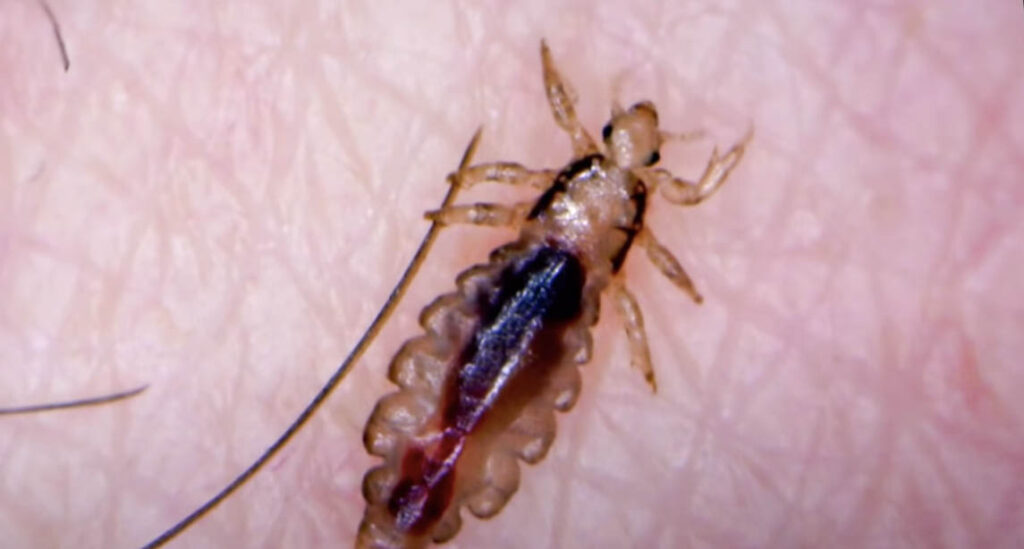
What to Do with Lice Bites
To prevent lice bites, the answer is quite simple: get rid of the lice. There are various treatments and methods available to be able to get rid of lice; which varies depending on the type of lice. One of the most important things to do to avoid lice is to practice proper hygiene. This applies to all types of lice since being clean is going to rid of the chances for lice to spread. With treatments, it causes the itching to stop in a few days as the lice slowly die or fall off. However, the treatment will need to be repeated after a week or two to make sure the lice that were left get taken care of before they are able to hatch or multiply further. Maintenance can surely help in keeping the lice away for good. When the lice are exterminated, proper prevention should be practiced in order to keep them from coming back. Once itchiness starts to occur, especially frequently, take into consideration that this might mean a lice infestation. The earlier it is dealt with, the less likely it will be for them to come back to the host.
